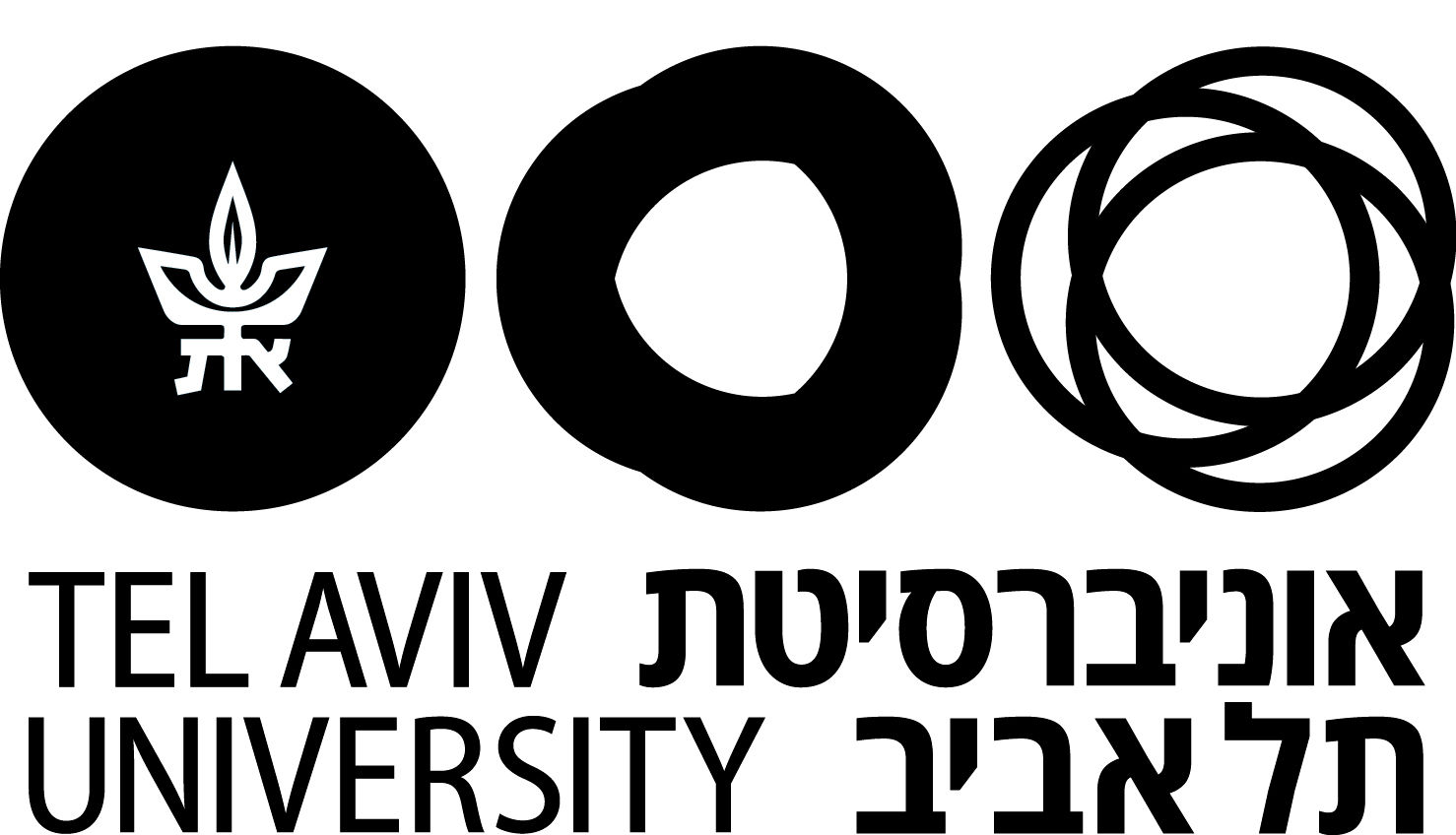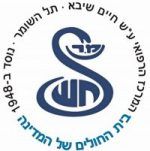Request Demo
Last update 08 May 2025
Diabetic encephalopathy
Last update 08 May 2025
Basic Info
Synonyms Diabetic encephalopathy, diabetic encephalopathy, 糖尿病性脳症 + [1] |
Introduction- |
Related
1
Drugs associated with Diabetic encephalopathyTarget |
Mechanism F2R antagonists |
Active Org. |
Originator Org. |
Active Indication |
Inactive Indication- |
Drug Highest PhasePreclinical |
First Approval Ctry. / Loc.- |
First Approval Date20 Jan 1800 |
1
Clinical Trials associated with Diabetic encephalopathyNCT02420470
The Early Warning System for the Central Nervous System Micro-structure Alterations During Early Diabetes Based on the Multi-mode MRIs
Diabetes( mainly type II diabetes )lead to the central nervous system (CNS) function impairment, especially the mild cognitive impairment that increased the risk of progression to dementia.The primary objectives are defined according to a hierarchical design: i) to tailor and apply multi-parametric, functional MRI techniques to identify cerebral abnormalities (cerebral biomarkers) in type 2 diabetes mellitus and prodromal diabetes mellitus ; ii) to assess whether these cerebral biomarkers are associated with cognitive decrements;iii) to follow up with the putative prediabetic condition patients to verify whether they can transform into diabetes.
Start Date01 Apr 2015 |
Sponsor / Collaborator |
100 Clinical Results associated with Diabetic encephalopathy
Login to view more data
100 Translational Medicine associated with Diabetic encephalopathy
Login to view more data
0 Patents (Medical) associated with Diabetic encephalopathy
Login to view more data
610
Literatures (Medical) associated with Diabetic encephalopathy01 Aug 2025·Biochimica et Biophysica Acta (BBA) - Molecular Basis of Disease
Transcriptional profile and quantitative proteomics revealed NGF-p75NTR-associated synaptic plasticity and heterogeneity for diabetic encephalopathy and the potential role of CoQ10 for diabetic induced cognitive deficits in mice
Article
Author: Xiang, Qiong ; Lin, Hu ; Deng, Jing ; Li, Xian-Hui ; Tao, Jia-Sheng ; Liu, Li-Ni
01 Jul 2025·Physiological Reviews
Neuropathological links between T2DM and LOAD: systematic review and meta-analysis
Review
Author: Turkheimer, Federico ; Kiecker, Clemens ; Hortobágyi, Tibor ; Lemche, Erwin
01 Jul 2025·Experimental Neurology
DCI improves diabetic encephalopathy by modulating the BDNF/NF-κB/GSK-3β pathway
Article
Author: Gao, Linghuan ; Zhang, Haizhu ; Han, Xiao ; Zhang, Yuxin ; Zhu, Zhuoting ; Liu, Yirong ; Sun, Xinyu ; Wang, Gengyin ; Li, Shuang
Analysis
Perform a panoramic analysis of this field.
login
or

AI Agents Built for Biopharma Breakthroughs
Accelerate discovery. Empower decisions. Transform outcomes.
Get started for free today!
Accelerate Strategic R&D decision making with Synapse, PatSnap’s AI-powered Connected Innovation Intelligence Platform Built for Life Sciences Professionals.
Start your data trial now!
Synapse data is also accessible to external entities via APIs or data packages. Empower better decisions with the latest in pharmaceutical intelligence.
Bio
Bio Sequences Search & Analysis
Sign up for free
Chemical
Chemical Structures Search & Analysis
Sign up for free

